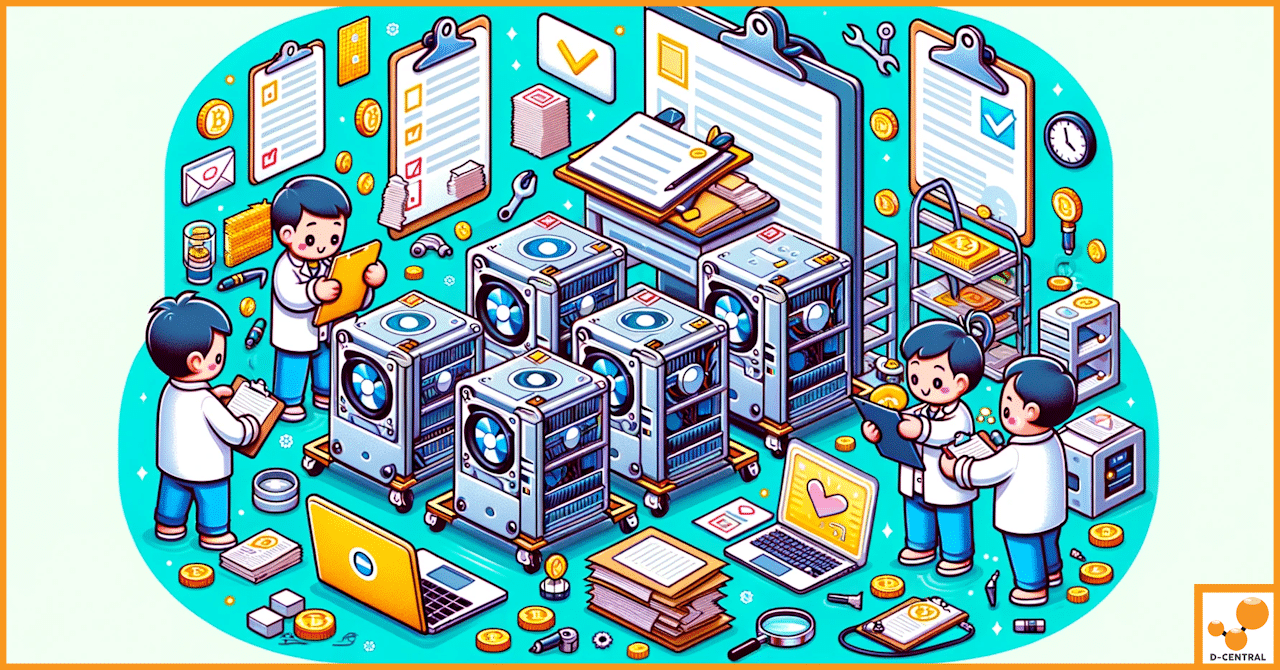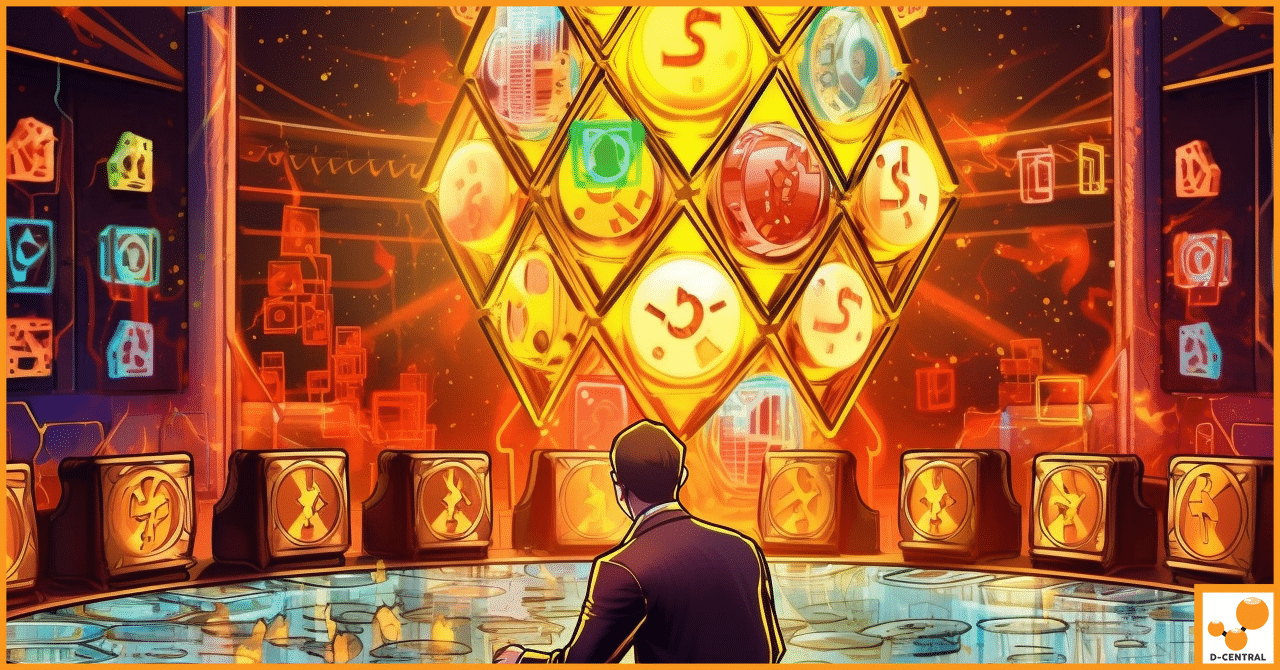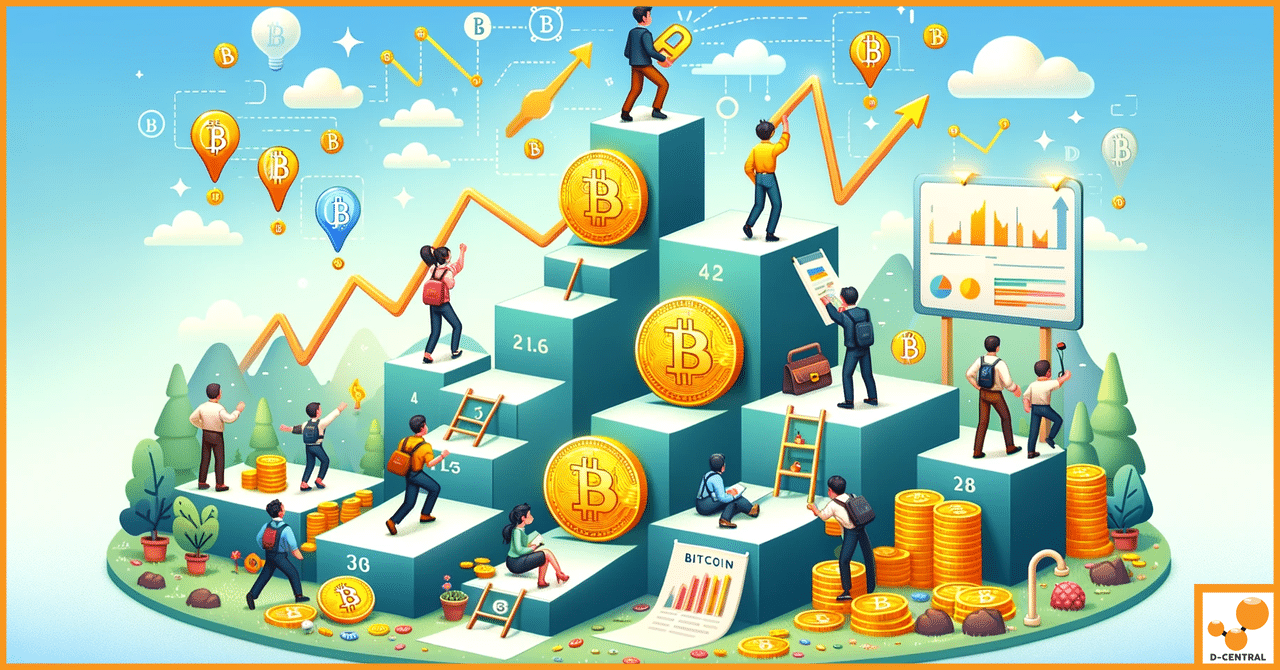
The Critical Role of Documentation and Record Keeping in ASIC Repair for Bitcoin Mining
In the dynamic world of cryptocurrency, Application-Specific Integrated Circuit (ASIC) technology has emerged as a cornerstone of Bitcoin mining efficiency
4479 Desserte Nord Autoroute 440, Laval, QC H7P 6E2

In recent years, the exponential growth in demand and adoption of cryptocurrencies has led to the rise of various digital assets and technologies. Among these, tokenization has emerged as an attractive alternative for businesses and developers looking to exploit blockchain’s usability. However, tokenization comes with its own set of complexities that seemingly lack the elegance and simplicity of Bitcoin. In this article, we will explore the concept of tokenization and delve into its complexities, while comparing it to the straightforwardness of Bitcoin.
What is Tokenization?
Tokenization is the process of converting real-world assets, such as stocks, real estate, or commodities, into digital tokens on a blockchain. These tokens represent a specific value, right, or ownership claim on the underlying asset, allowing for secure, efficient, and transparent transactions. Tokenized assets can be traded, bought, or sold on various decentralized platforms, presenting new investment opportunities and liquidity for previously illiquid assets.
How Tokenization works
The process of tokenization varies depending on the asset class and specific use case, but the general steps include:
The complex nature of Tokenization
Though tokenization presents various advantages, it also comes with several complexities, which make it less accessible to the average user than cryptocurrencies like Bitcoin. Some of these complexities include:
Advantages and disadvantages of Tokenization
Some of the advantages of tokenization include:
However, tokenization also has its disadvantages:
A comparison with Bitcoin’s simplicity
Bitcoin, as the first and most well-known cryptocurrency, is widely considered simple and elegant due to its decentralized nature, limited supply, and robust consensus mechanism. Bitcoin allows for peer-to-peer transactions without intermediaries, releasing the user from burdensome regulations and complexities associated with tokenization. Additionally, the price discovery and valuation process for Bitcoin is typically more transparent and straightforward compared to tokenized assets.
Conclusion
While tokenization is an innovative method for digitizing and trading assets, it is not without its complexities and challenges. The cumbersome nature of tokenization stands in contrast to the simplicity and elegance of Bitcoin. As the cryptocurrency market continues to evolve, it is vital for investors and businesses to weigh the benefits and drawbacks of tokenization against the straightforward functionality offered by Bitcoin. Ultimately, the choice between tokenization and Bitcoin will depend on individual preferences and specific use cases.
DISCLAIMER: D-Central Technologies and its associated content, including this blog, do not serve as financial advisors or official investment advisors. The insights and opinions shared here or by any guests featured in our content are provided purely for informational and educational purposes. Such communications should not be interpreted as financial, investment, legal, tax, or any form of specific advice. We are committed to advancing the knowledge and understanding of Bitcoin and its potential impact on society. However, we urge our community to proceed with caution and informed judgment in all related endeavors.
Related Posts

In the dynamic world of cryptocurrency, Application-Specific Integrated Circuit (ASIC) technology has emerged as a cornerstone of Bitcoin mining efficiency

In a world where history often feels like a chaotic series of events, the Fourth Turning Theory by historians William

In the realm of digital innovation and financial transformation, Bitcoin emerges as a pioneering force, redefining the very essence of